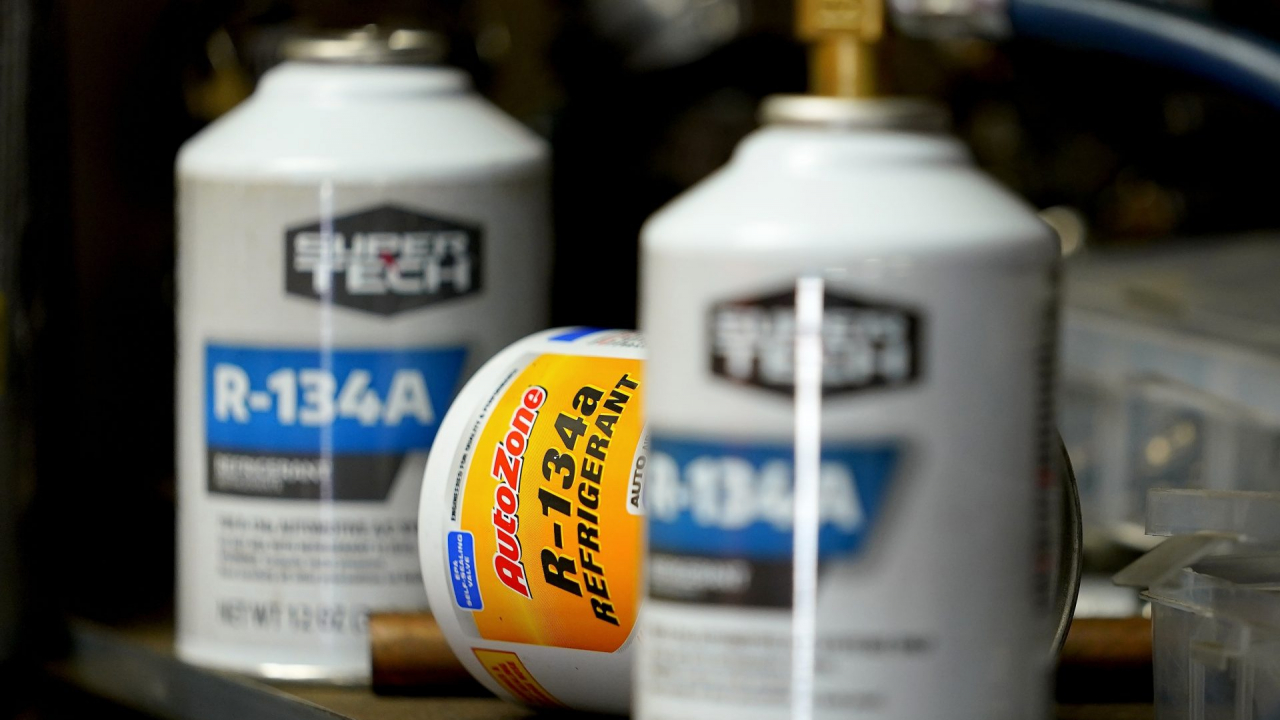
Syracuse, N.Y. (NCC News) — Refrigerators and air conditioning units are a staple for homes and businesses in the U.S., but the chemicals that allow them to function are a severe climate threat, according to the Associated Press. These chemicals are called refrigerants, and when they leak into the environment, they can be thousands of times more damaging than carbon dioxide.
The AP says a research paper called refrigerants “the most potent greenhouse gases known to modern science.” Scientists estimate that the leakage of the most common type of refrigerant in use could raise the global temperature 0.5 degrees Celsius by the end of the century.
Eckhard Groll, refrigeration expert and head of mechanical engineering at Purdue University, told the AP that cars are another key source of these pollutants. He says that around 25% of all refrigerants used by AC units in cars leak every year and approximately 100 million pounds leak into the atmosphere yearly.
The Clean Air Act doesn’t allow the use of most refrigerants and there are plans to significantly cut the use of one family of the chemicals according to the AP, but alternatives are needed. There are some that exist, but risks such as flammability and their unknown long-term effects on the environment exist.
Researchers are looking at carbon dioxide as a potential new refrigerant, but Groll told the AP that different systems would be needed to make that happen. Christopher Cappa, an environmental engineering professor at the University of California, Davis, said that carbon dioxide could be a great option if it’s being pulled out of the atmosphere, but he said to the AP “if we’re producing it just as a refrigerant, that wouldn’t necessarily be nearly as good.”
According to the AP, there are cleaner refrigeration options out there, but not for air conditioning. Danielle Wright, the executive director of of the North American Sustainable Refrigeration Council, tells the AP that equipment manufacturers’ lobbying efforts, as well as certain codes and standards, have slowed the creation of cleaner refrigerants for AC units in the U.S.
However, manufacturers are still working on making cleaner alternatives usable. As time goes on, the use of them are going to become increasingly important. Harvard chemistry and chemical biology professor Jared Mason told the AP, “Demands for heating and cooling are only going to increase and it’s absolutely critical that we have sustainable ways and economical ways of providing for everyone in the world.”




